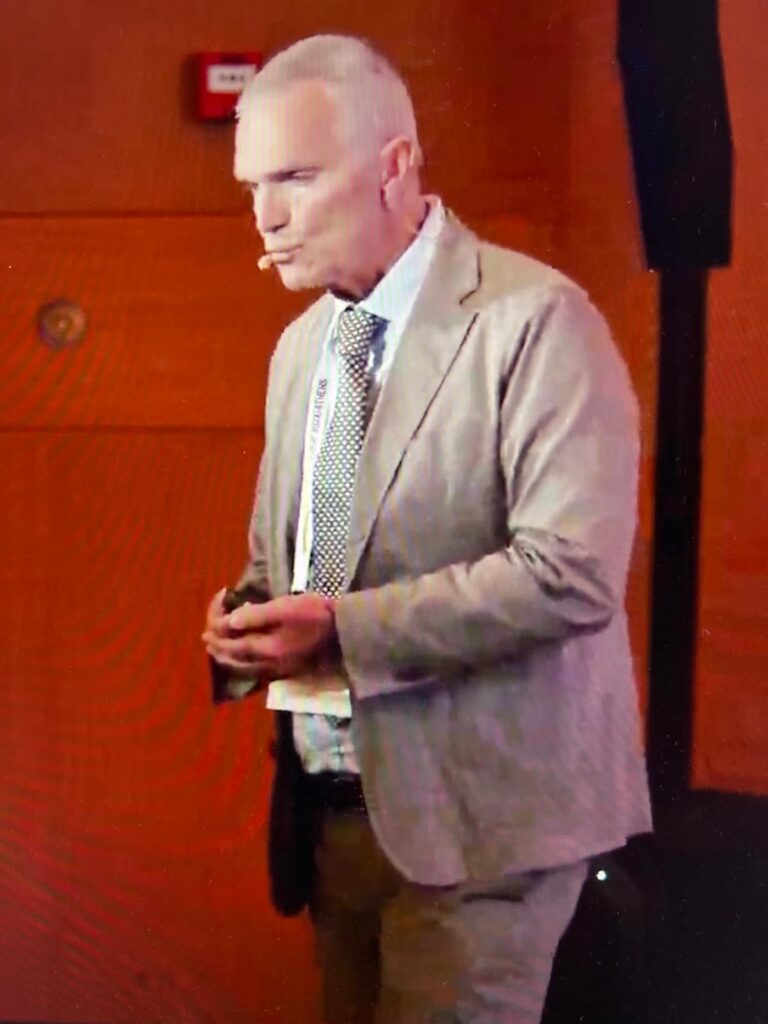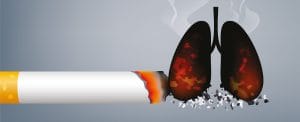Prof. Riccardo Polosa, CoEHAR founder, participated in the GTNF 2024 edition in a panel dedicated to real-world evidence and their application in the research in the tobacco harm reduction field.
Today marks the end of the GTNF 2024 edition, one of the world’s leading annual conference discussing the future of the tobacco and nicotine industries. Focus of the GTNF 2024 was “Advancing responsible innovation“.
This year, some of the top experts in tobacco product regulation and consumption gathered in Athens, along with researchers and scientists who have been testing and evaluating the effectiveness of electronic nicotine delivery products for years. Among them Prof. Riccardo Polosa, founder of the CoEHAR at the University of Catania and one of the most authoritative voices in the field of the research applied to tobacco harm reduction.
Prof. Polosa participated in a panel dedicated to the use of real-world data and consumption patterns of modified risk products among the population.
When talking about this type of scientific evidence, we refer to a strategy that assesses the benefits and risks of a product—in this case, e-cig and heated tobacco products—based on consumption data from real-world situations, not just from clinical trials. This strategy provides crucial data on daily usage patterns, even in specific populations that cannot be reached by clinical trials.

When applied to smoking harm reduction research, this data can confirm the effectiveness of electronic cigarettes, strengthening scientific evidence and encouraging the use of e-cigarettes as a cessation tool.
“At CoEHAR, we used real-world data approach to track cigarette consumption, improvement of quality of life and respiratory exacerbation or lung function in people that were already using e-cigarettes” explains Prof. Polosa. “We have been using real world data to assess changing in clinical endpoints in people accessing emergency department”.
Having access to this data translates into increased confidence in the research results that influence public health strategies.
Italian version of the article here.




